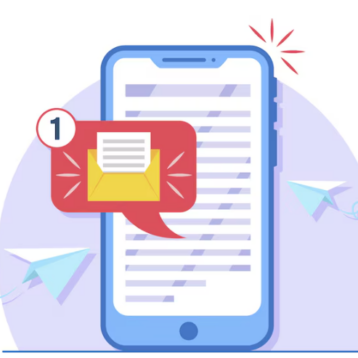Many consider writing their own book as a way to leave their legacy or tell their unique story. One may wish to share specific knowledge or become established as an expert regarding a particular topic. A potential author may even lightheartedly wish to inspire others. Forbes contributor Nick Morgan suggests satisfying an inner need and creating a personal brand as good reasons to begin writing. No matter what the motive may be for writing a book, the most difficult part is deciding where to begin. It may seem like an endless task and the thought of conducting research, analyzing your audience, and self-publishing may be intimidating. However, there are easy steps that potential authors can take to make self-publishing easy and well worth the effort.
Set Your Mark
The most important thing to do before writing your book is to contemplate your goal. Are you looking to build clientele or become an expert in a particular field? Do you have long term goals to write for a career? Figuring out your objective will help you determine the direction of your writing and get you off to a solid start.
Start Writing
TheGuardian.com offers quite a few suggestions to help authors simply get started. They suggest creating a preliminary outline, conducting research, developing the story, formatting the outline, evaluating, and revising, all within a thirty-day time frame. The first six days are suggested to develop an outline, which will ultimately serve as the foundation of your idea.
According to Writers Digest, writers should pick a schedule and stick with it. Many potential authors start their work and never finish because of procrastination. They also suggest mapping out your idea and continuing to write beyond outlined chapters. Simply writing the first sentence of the next chapter can prove beneficial for continuing your story from day to day.
Potential authors can start by making a simple list of everything that they know. A simple brainstorming session can jump-start your idea. This will also give you the confidence that you need, according to Inc. writer Marla Tabaka’s article “Want to Write a Book? 4 Tips for Doing It Right.”
Get Feedback
After you’ve crafted and revised your idea, feedback is the next step. There are many ways to seek out constructive criticism about your work. You may seek out the assistance of a writing coach to provide support and direction throughout this process. Such help may come with a price tag, but it will be well worth it if you tend to procrastinate. Family and friends can also be a great sounding board for your ideas. There are also countless writing groups both online and locally that offer opportunities to socialize with other writers who share your interest.
Self-Publish
The next step in the process is considering your options for self-publishing. Take some time to review standard royalties, packaging and distribution. Royalties are payments that the publisher makes to you for the right to use your intellectual property. According to National Best Selling Author Alan Jacobson, traditional ebook publishers in New York pay 25% royalties for ebook publishing, although others may pay up to 50%. For hardbacks you can expect to receive 10% on the first 5,000 copies and up to 15% as more copies are sold.
You also may consider using a service that allows authors to pay a flat fee as opposed to taking a portion of royalties. Publishers may distribute titles through specific online retailers or operate through an exclusive distribution network. They may also offer user friendly templates, which could reduce graphic design costs. Others cater to the e-book market and offer authors solutions that are practical. PBS.org author Carla King suggests partnering with a pro – meaning popular online retailer, brick and mortar bookseller, distributor, printing company or a literary agent.
Set Your Pricing
Cost is yet another thing to consider when you get ready to publish your book. The truth is that many readers like to download books for free. This may be an easy way to build an audience. This could also create long-term fans of your writing. Most e-book publishers suggest setting pricing beneath the $5.00 mark; although, average price ranges start at $2.99. Even charging only $.99 may prove beneficial in the beginning.
Get the Word Out
Without marketing, it will be hard to make it to the bestsellers list, and if you don’t have the budget to launch a national campaign, there are economical options. You can call local bookstores and ask them to carry your new book. Offer a free speaking engagement to introduce yourself as a new author. If you are an expert on a specific topic, offer to speak at local universities and colleges. Promote for free with an online social networking campaign or allow supporters to download books for free. Promotion can start small and grow as your book sales increase.










